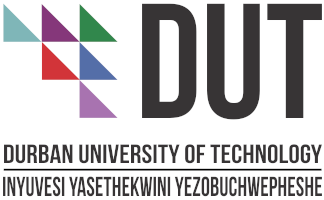Transitioning to a New Platform - New Manuscript Submissions to AJIMS
We are transitioning to a new platform. Authors submitting new manuscripts should do so via the following link: https://ojs.sabinet.co.za/index.php/ajims/user/register?source=
If you are a returning author, please register again on the new platform. The review of existing submissions on the old platform will continue and will be managed carefully during this transition period
Read more about Transitioning to a New Platform - New Manuscript Submissions to AJIMS





